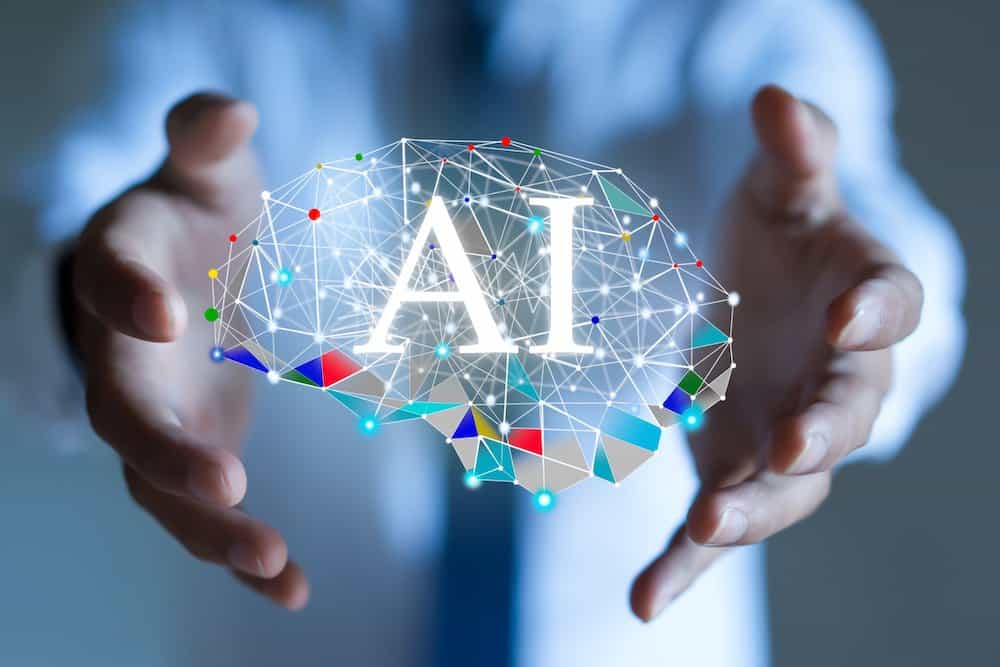Healthcare sits at the intersection of science, technology, and human need, and yet it remains burdened by inefficiencies that frustrate patients, overwhelm providers, and delay progress. At the center of these challenges is the vast, often underappreciated logistics engine of the medical system: the flow of laboratory samples, diagnostics, and patient data that inform nearly every clinical decision. From routine blood work to advanced genetic sequencing, lab data is the foundation on which modern medicine rests. But ensuring that the right tests are ordered, processed, and reported at the right time has long been a fragmented, labor-intensive process.
Artificial intelligence (AI) has emerged as one of the most promising tools to address these systemic barriers. AI is beginning to redefine how laboratories, hospitals, and providers coordinate care and generate insights. Acting as a digital orchestrator, AI technologies can automate and optimize the flow of supplies, samples, and information across the healthcare continuum, improving outcomes for patients and efficiency for providers.
The Coordination Bottleneck in Healthcare
Healthcare systems rely on networks of hospital laboratories, independent testing centers, and specialized facilities. Each has its own capabilities, turnaround times, and regulatory frameworks. Coordinating across these environments is complex, whether it’s a large hospital managing hundreds of daily test orders or a community clinic needing rapid access to reference labs. Delays or missteps mean longer turn-around timelines, delayed treatments, or unnecessary repeat testing for patients.
The challenge extends globally as hospitals and labs share data and samples for specialized tests. Cross-border shipping requirements, customs controls, and logistical barriers all increase the risk of inefficiency. For patients awaiting critical diagnostic results, these delays can be life-altering.
How AI Steps In
AI is well-suited to navigate this complexity. By synthesizing vast amounts of operational, clinical, and logistical data, AI systems can recommend or automate how and where tests should be performed. Instead of relying on burdensome manual coordination, healthcare providers gain adaptive, real-time solutions.
Consider a few scenarios. At the onset of a clinical trial, a central lab can leverage AI as a ‘protocol extractor’ for documents. AI automatically reads and interprets a sponsor’s clinical trial protocols, transforming unstructured documents into structured and actionable data for logistics, provisioning downstream systems (LIMS and data management), and sample accessioning procedures. Furthermore, AI can create digital twins from studies to stress test their designs and manage future sample volumes and staffing.
If a central lab faces a surge in demand, AI can instantly redirect select tests to certified regional facilities with faster turnaround times. In community-based or home-care settings, AI can identify the most efficient laboratory partner for remote specimen collection, weighing distance, cost, and compliance and regulatory requirements. Even within hospitals, AI can forecast testing demand based on patient admissions and trends in clinical activity, enabling managers to anticipate workloads and allocate resources accordingly. In each of these cases, what once required manual oversight and lengthy delays becomes a much smoother, more proactive process.
Beyond logistics, AI also strengthens diagnostic accuracy by applying anomaly detection and quality control to testing data. By learning from historical information and patterns, AI systems can catch errors in real time before they affect patient care. This dual ability to optimize flow and safeguard outcomes positions AI as a true accelerator of both operational and clinical excellence.
Benefits Across Healthcare
The advantages of AI-driven coordination flow across the entire healthcare ecosystem. For patients, it often translates to faster access to results, greater accuracy in testing, and fewer unnecessary repeat visits. For providers and hospitals, AI lightens the administrative burden while improving efficiency, allowing clinicians to focus energy on patient care rather than logistics. Regulators and payers benefit from stronger transparency, compliance, and traceability in how data and specimens are handled. Most importantly, systems as a whole become more resilient, able to adapt dynamically to disruptions such as supply chain constraints, natural disasters, or sudden surges in patient demand. By connecting these benefits across stakeholders, AI becomes a catalyst for more reliable, responsive healthcare.
The Road Ahead
As with all innovations in healthcare, trust and adoption depend on addressing key challenges. AI models require transparency, explainability, and rigorous validation. Stakeholders must collaborate to share data through secure, interoperable systems while respecting patient privacy and ethics. Harmonized regulatory standards are equally critical for ensuring global healthcare networks can leverage these technologies safely.
As medicine becomes increasingly data-drive, the complexity of managing tests and data will only multiply. Without automation, this burden grows heavier. With AI, it transforms into an opportunity to build more adaptive, patient-centered healthcare models.
Redefining Healthcare Efficiency Through AI
From clinical trials to everyday diagnostics, the reliability of lab and testing data remains central to progress. What is changing is the intelligence of the systems that manage this flow. By moving away from static, manual processes toward adaptive, AI-driven coordination, healthcare can accelerate care, improve patient outcomes, and create a more resilient and equitable system.
For patients awaiting answers, providers striving to deliver timely care, and researchers seeking breakthroughs, the stakes could not be higher. AI cannot resolve every challenge in healthcare logistics, but it is already proving to be a transformative partner in making once-invisible bottlenecks solvable.

Julia Tarasenko
Julia brings a depth of international business and industry experience specializing in driving dynamic revenue growth, optimizing commercial operations, and cementing strategic partnerships that drive business objectives forward. She serves as the Chief Commercial and Strategy Office of LabConnect, the leading provider of central laboratory services, FSP and scientific consulting, and data integration and transformation services for analytically and logistically complex studies such as immuno-oncology, cell and gene therapies and more. Prior to joining LabConnect, Julia was a key member of the Marken Executive Committee serving as Senior Vice President, Global Strategic Sales where she led Marken’s global strategic sales, marketing, sustainability, packaging solutions, and the team of global alliance directors who oversaw governance with Marken’s largest clients.







